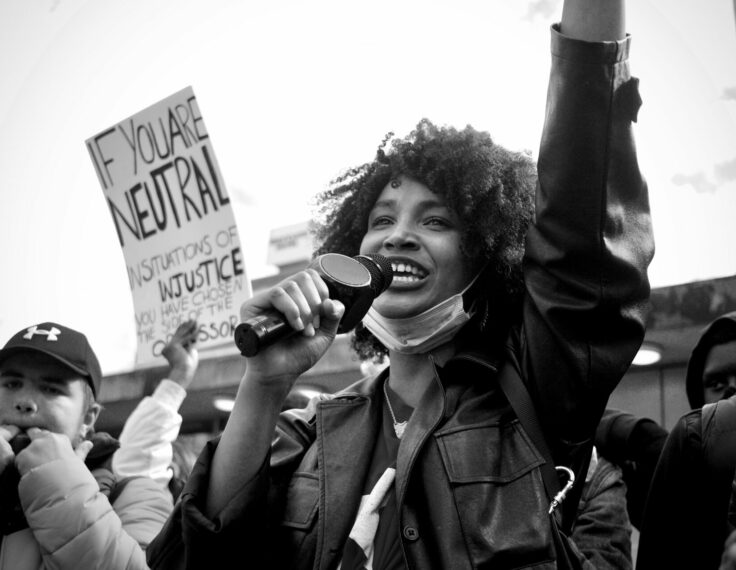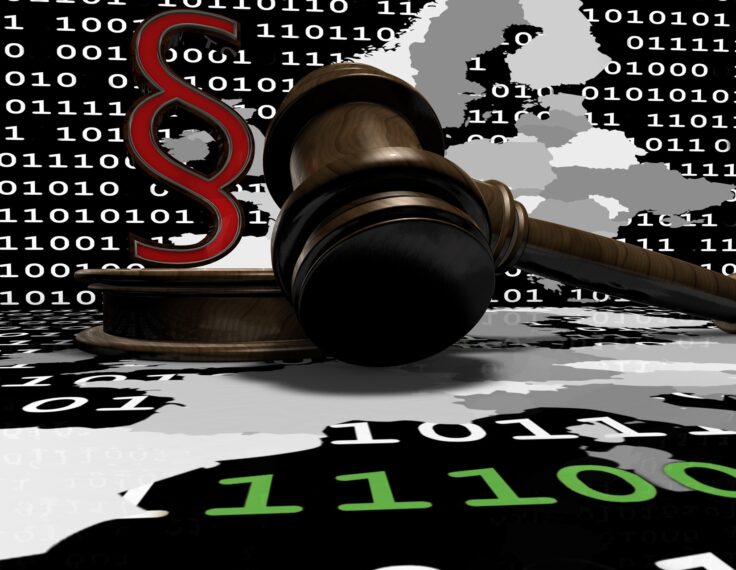Explore All Articles
All Articles
Article Topic

A pro-government disinformation campaign on Indonesian Papua
Dave McRae, Maria del Mar Quiroga, Daniel Russo-Batterham and Kim Doyle
This research identifies an Indonesian-language Twitter disinformation campaign posting pro-government materials on Indonesian governance in Papua, site of a protracted ethno-nationalist, pro-independence insurgency. Curiously, the campaign does not employ common disinformation tactics such as hashtag flooding or the posting of clickbait with high engagement potential, nor does it seek to build user profiles that would make the accounts posting this material appear as important participants in a debate over Papua’s status.

Research note: This salesperson does not exist: How tactics from political influence operations on social media are deployed for commercial lead generation
Josh A. Goldstein and Renée DiResta
Researchers of foreign and domestic influence operations document tactics that frequently recur in covert propaganda campaigns on social media, including backstopping fake personas with plausible biographies or histories, using GAN-generated images as profile photos, and outsourcing account management to paid organizations.

Studying mis- and disinformation in Asian diasporic communities: The need for critical transnational research beyond Anglocentrism
Sarah Nguyễn, Rachel Kuo, Madhavi Reddi, Lan Li and Rachel E. Moran
Drawing on preliminary research about the spread of mis- and disinformation across Asian diasporic communities, we advocate for qualitative research methodologies that can better examine historical, transnational, multilingual, and intergenerational information networks. Using examples of case studies from Vietnam, Taiwan, China, and India, we discuss research themes and challenges including legacies of multiple imperialisms, nationalisms, and geopolitical tensions as root causes of mis- and disinformation; difficulties in data collection due to private and closed information networks, language translation and interpretation; and transnational dimensions of information infrastructures and media platforms.

Review of social science research on the impact of countermeasures against influence operations
Laura Courchesne, Julia Ilhardt and Jacob N. Shapiro
Despite ongoing discussion of the need for increased regulation and oversight of social media, as well as debate over the extent to which the platforms themselves should be responsible for containing misinformation, there is little consensus on which interventions work to address the problem of influence operations and disinformation campaigns.

Critical disinformation studies: History, power, and politics
Rachel Kuo and Alice Marwick
This essay advocates a critical approach to disinformation research that is grounded in history, culture, and politics, and centers questions of power and inequality. In the United States, identity, particularly race, plays a key role in the messages and strategies of disinformation producers and who disinformation and misinformation resonates with.

Self-regulation 2:0? A critical reflection of the European fight against disinformation
Ethan Shattock
In presenting the European Democracy Action Plan (EDAP) in 2020, the European Commission pledged to build more resilient democracies across the EU. As part of this plan, the Commission announced intensified measures to combat disinformation, both through the incoming Digital Services Act (DSA) and specific measures to address sponsored content online.

Elections
Source alerts can reduce the harms of foreign disinformation
Jason Ross Arnold, Alexandra Reckendorf and Amanda L. Wintersieck
Social media companies have begun to use content-based alerts in their efforts to combat mis- and disinformation, including fact-check corrections and warnings of possible falsity, such as “This claim about election fraud is disputed.” Another harm reduction tool, source alerts, can be effective when a hidden foreign hand is known or suspected.

Propaganda
Unseeing propaganda: How communication scholars learned to love commercial media
Victor Pickard
A new disinformation age is upon us—or so it seems. But much of what appears to be unprecedented isn’t new at all. Concerns about misinformation’s effects on democracy are as old as media. The many systemic failures abetting Trump’s ascendance—as well as more recent election- and pandemic-related conspiracies—were decades in the making.

Elections
COVID-19 disinformation and political engagement among communities of color: The role of media literacy
Erica Weintraub Austin, Porismita Borah and Shawn Domgaard
Communities of color, suffering equity gaps and disproportionate COVID-19 effects, also must resist ongoing disinformation campaigns designed to impede their political influence. A representative, national survey (N=1264) of adults conducted June-July 2020 found that nonwhite respondents tended to report less COVID-19 knowledge, media literacy, and voting intent than white respondents, but more acceptance of COVID-19 disinformation and for risks associated with protesting for social justice.
